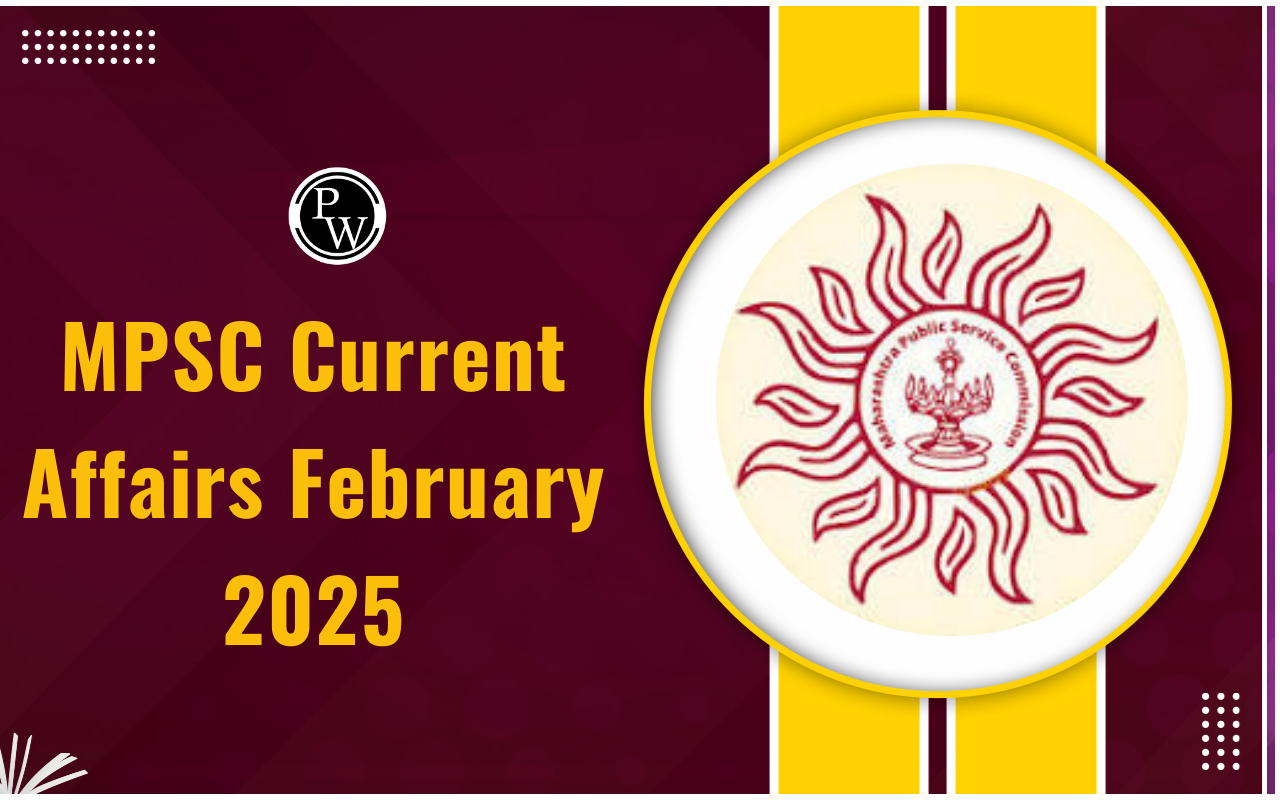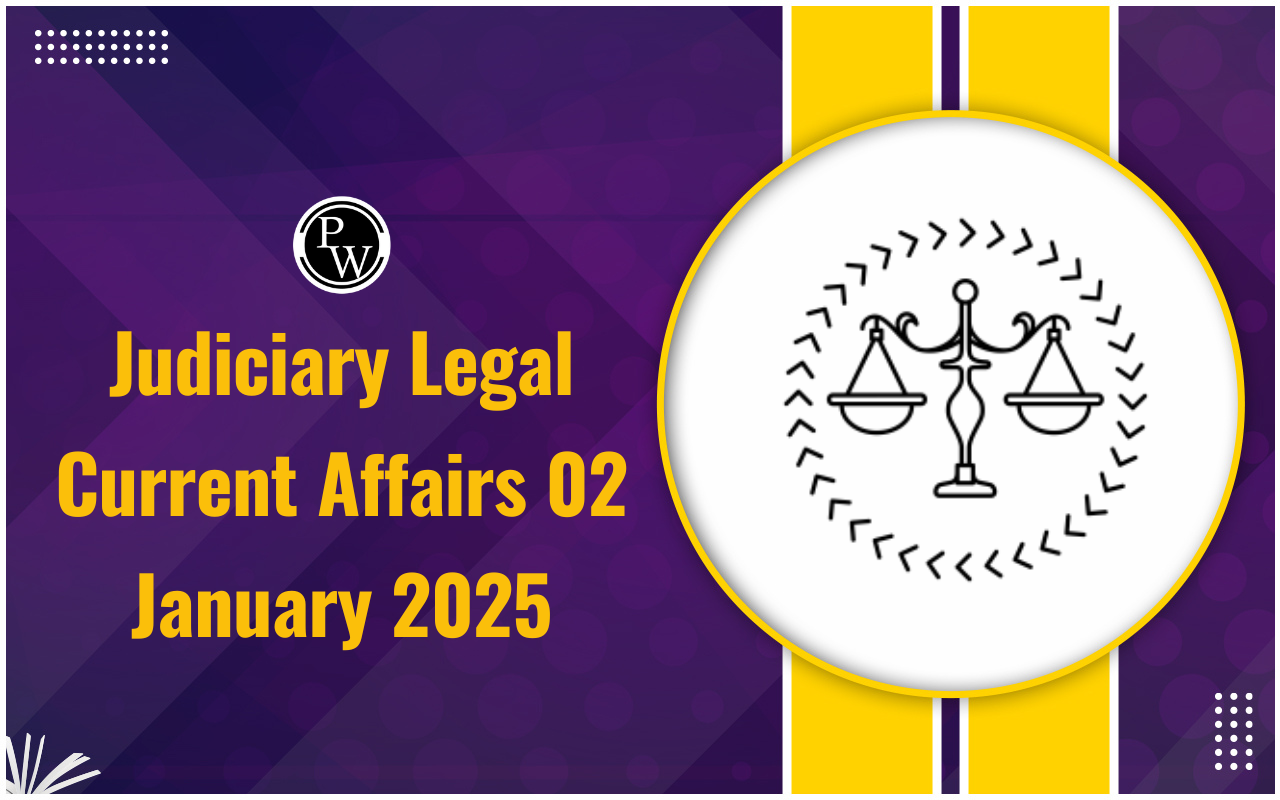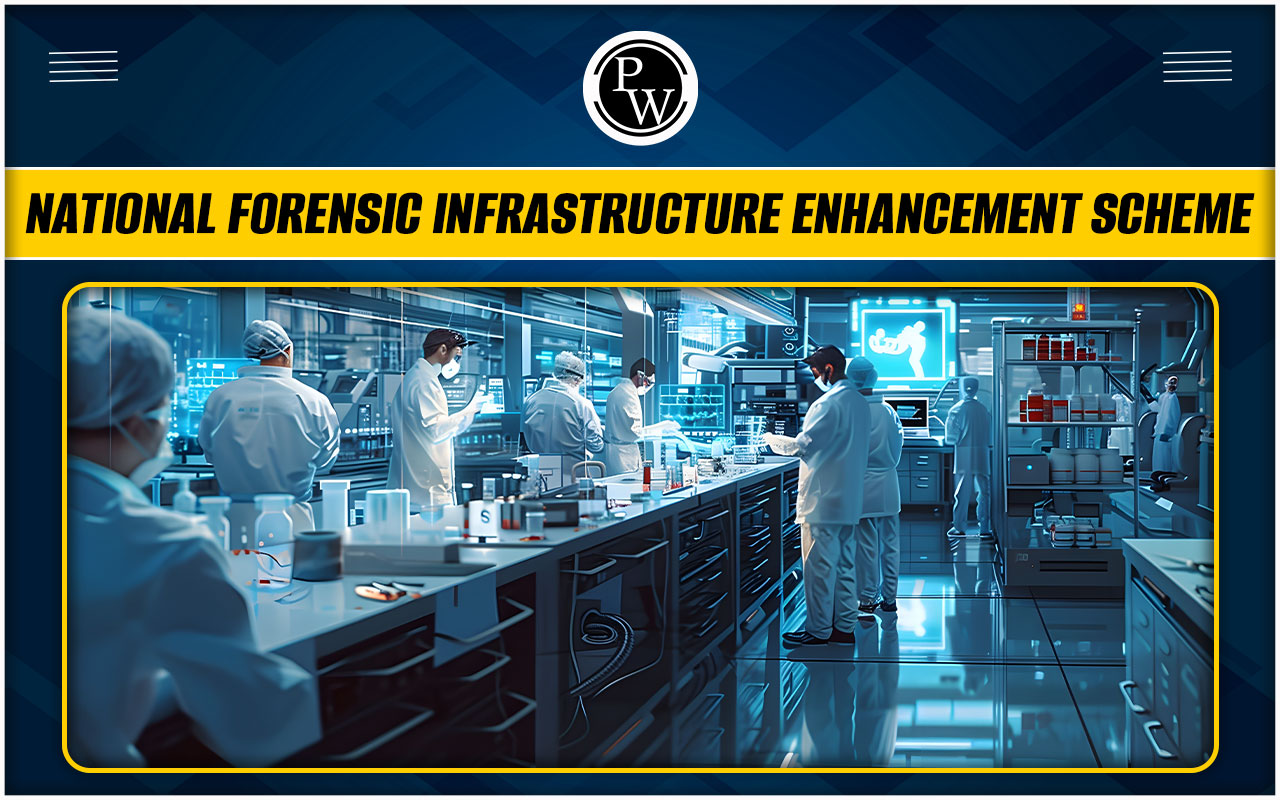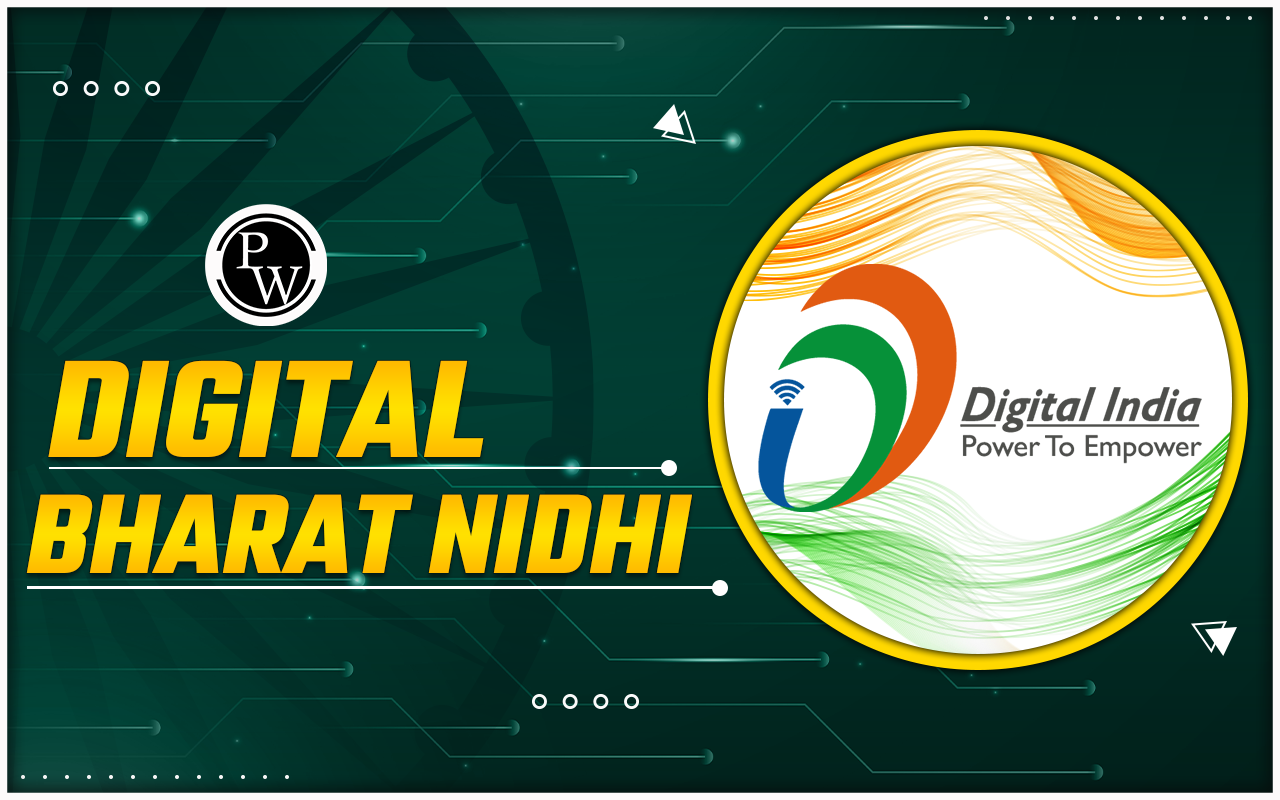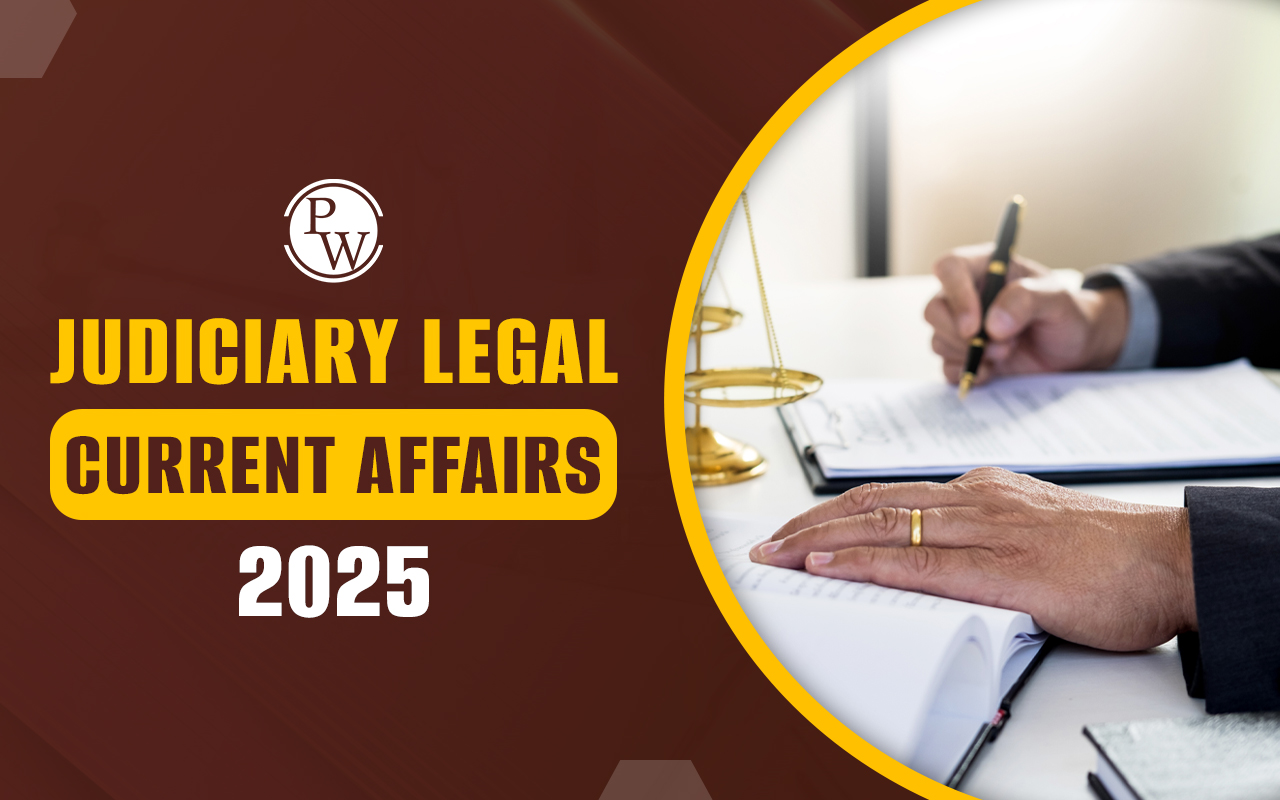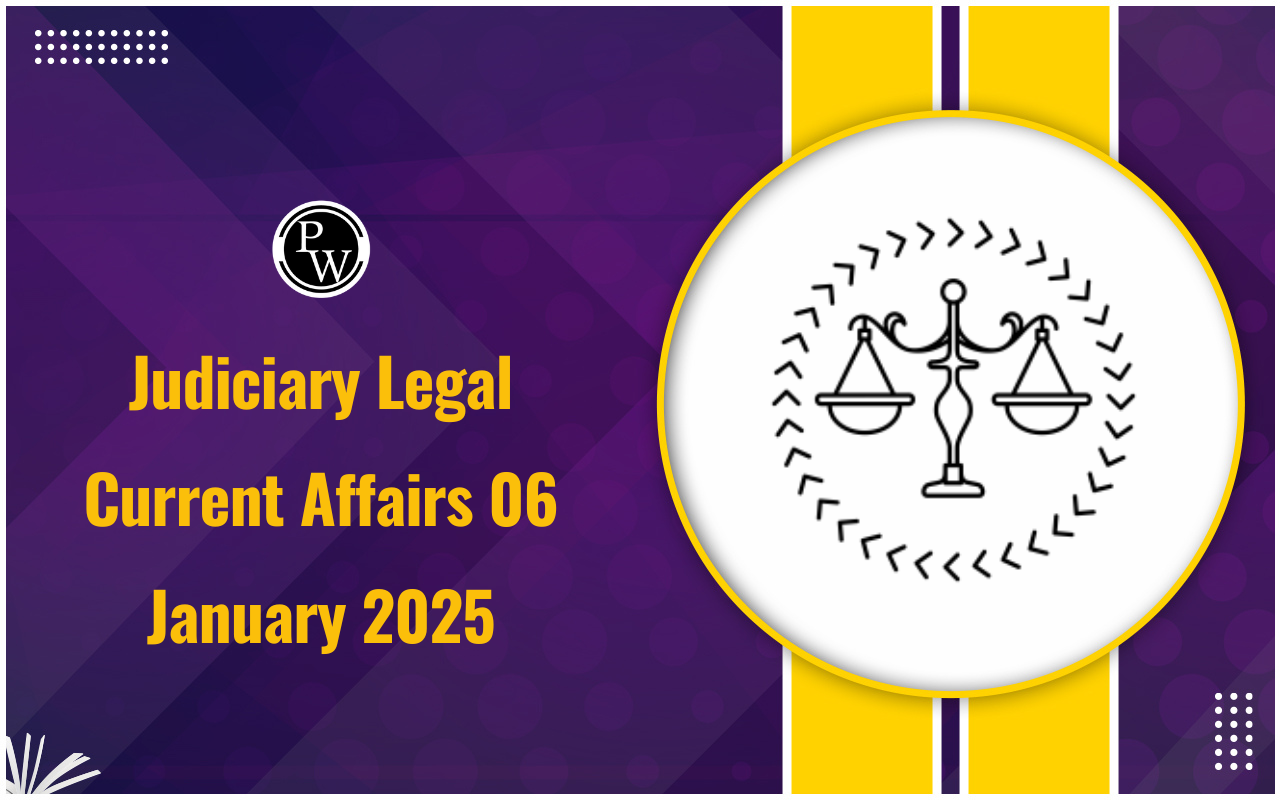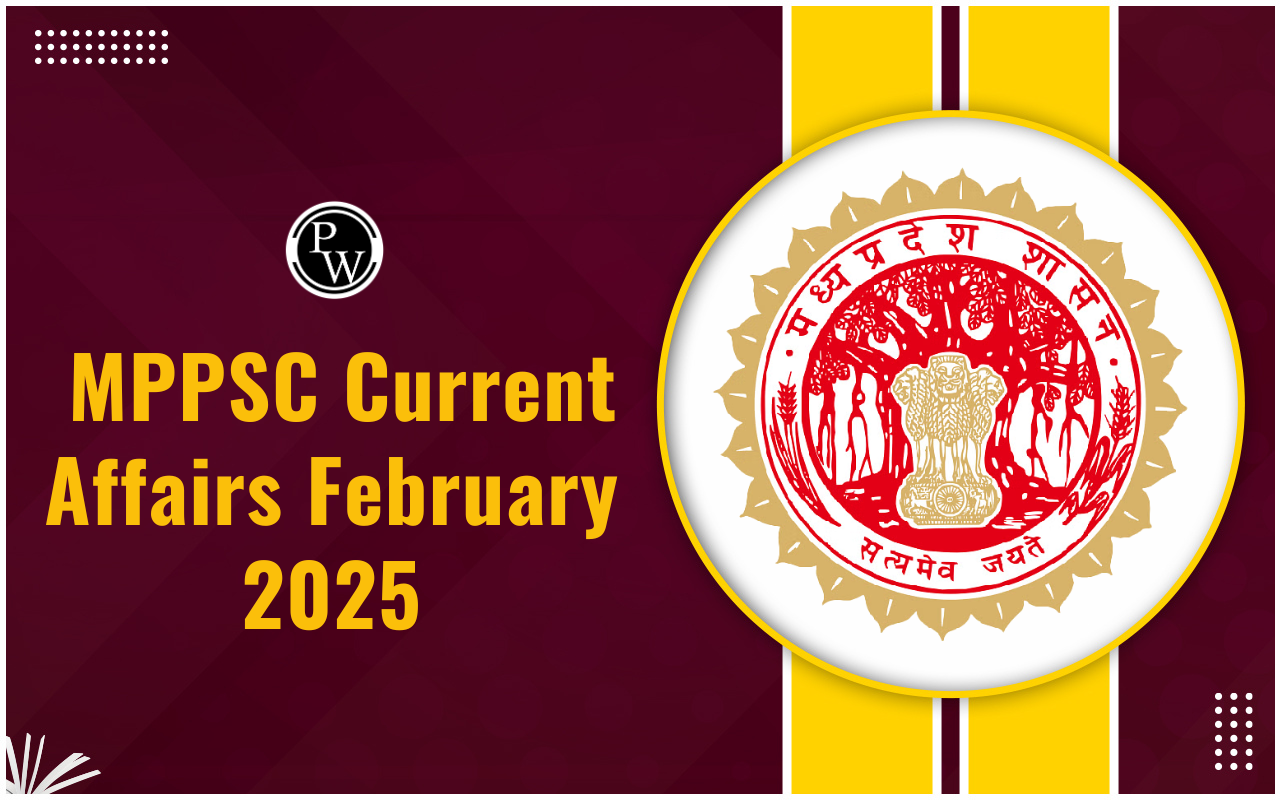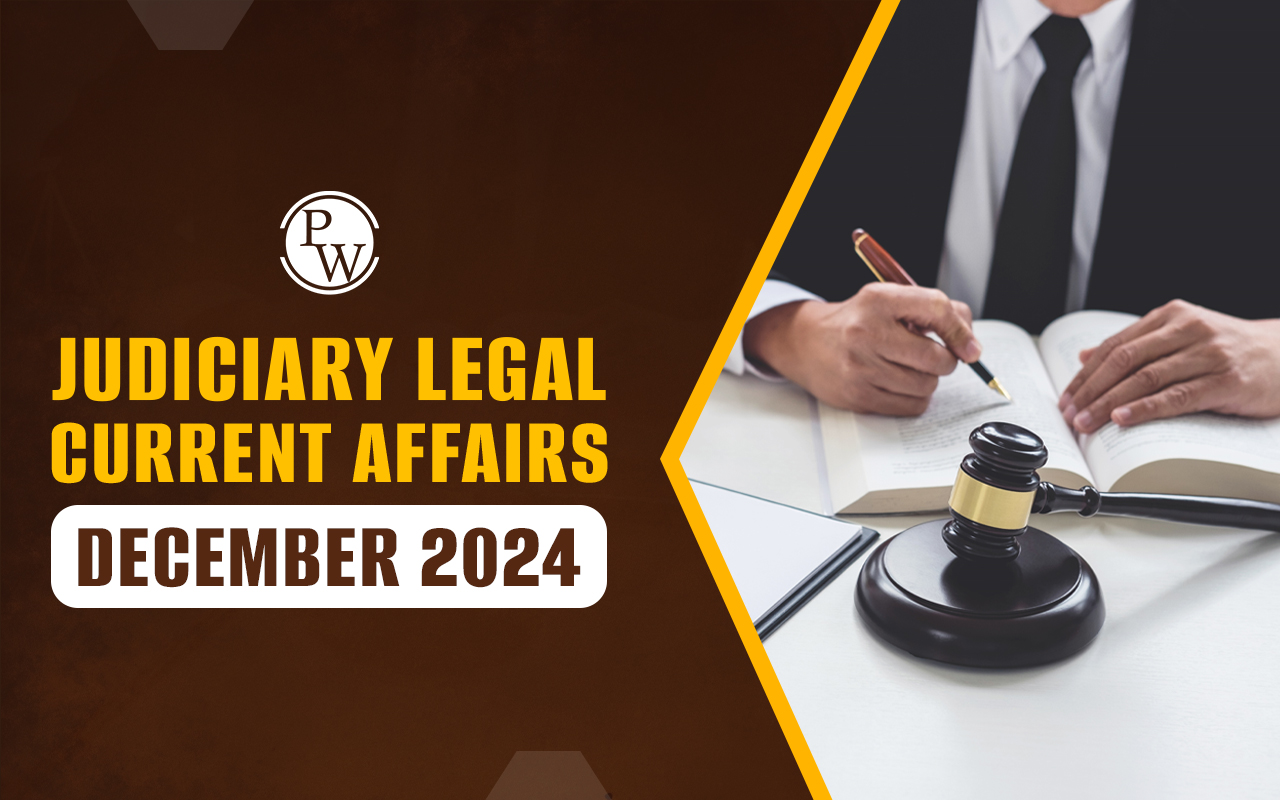
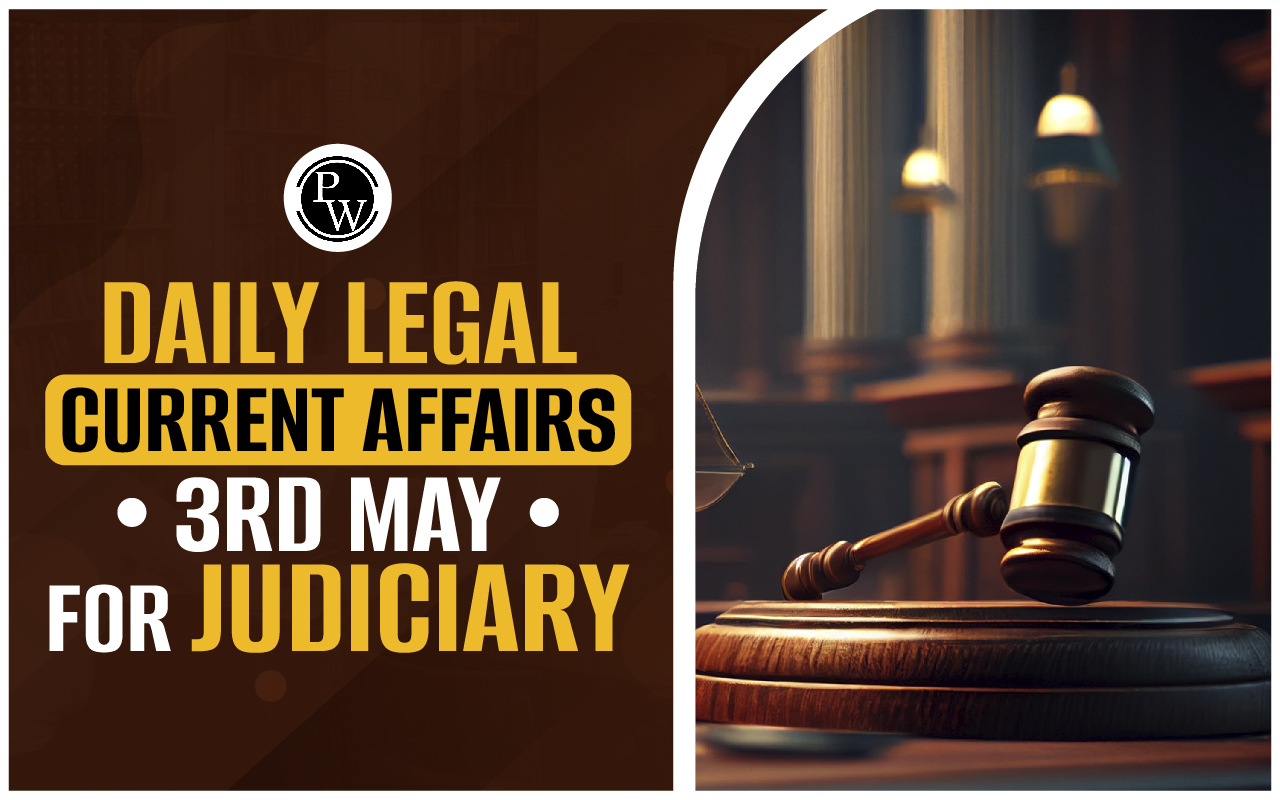
Sanuj Bansal v. State of UP
- Bench: Justices Abhay S Oka and Ujjal Bhuyan
- Issue: Whether the statement of the accused should be included in the chargesheet.
- Observations
- The Supreme Court has expressed prima facie disapproval of the inclusion of statements of the accused, which are recorded during the investigation, in the chargesheet.
- Prima facie, this is illegal, the bench observed.
- As per the Indian Evidence Act 1872 (Sections 24 to 26) , confessions made by the accused in police custody are not admissible in evidence.
- The Court has directed the Director General of Police of Uttar Pradesh to investigate and submit a personal affidavit regarding the practice of including statements made by the accused, including confessions made to the police, in the charge-sheet.
- The Director General of Police is now required to indicate whether this practice is prevalent in Uttar Pradesh. The affidavit must be filed within six weeks.
Sabu Steephen V. Election Commission of India.
- Bench: Justice B.R Gavai, Satish Chandra Sharma, and Sandeep Mehta.
- Issue: The matter pertains to a Public Interest Litigation seeking directions to bar namesake/duplicate candidates who deliberately contest elections as independent candidates to ruin the chances of other candidates.
- Facts: The petitioner sought directions to the Election Commission of India to scrutinize the background of namesake candidates and prevent them from contesting if they have been deliberately fielded by the opponents.
- Observations:
- The Supreme Court dismissed as withdrawn a Public Interest Litigation seeking directions to bar namesake/duplicate candidates who deliberately contest elections as independent candidates to ruin the chances of other candidates.
-
-
- The Bench was not convinced to entertain the petition, the Counsel requested to withdraw his petition. The Court allowed the same, and thus, it was dismissed as withdrawn.
-
- Justice Gavai remarked “You know what is the fate of the case.” He went on to say, “If someone's parents have given a similar name, can it come in the way of contesting elections? If somebody is born as Rahul Gandhi or if somebody is born as Lalu Prasad Yadav, how will they be prevented from contesting elections? Wouldn't it affect their rights?”
The State of Punjab v. Union Territory of Chandigarh
-
- Bench: Justices Sanjiv Khanna and Dipankar Datta
- Issue: The matter pertains to opening of the road to Punjab Chief Minister's house on experimental basis from May 1,2024.
- Facts:
- The bench was hearing the Punjab Government's challenge to an order passed by the Punjab and Haryana High Court, while dealing with suo-matter matters pertaining to traffic woes and infrastructure problems in Chandigarh.
- Calling for temporary opening up of the road to the CM's residence the High Court had directed the Director General of Police and Senior Superintendent of Police, U.T. Chandigarh to "formulate a traffic management plan as to how to ease the traffic congestion".
- Observations
- The Supreme Court stayed the order passed by the Punjab and Haryana High Court for the opening of the road to Punjab Chief Minister's house on experimental basis from May 1. "Nobody wants anything untoward to happen", the bench said while staying the High Court's direction.
- The road in front of the CM's residence was blocked for security purposes during the Khalistani terrorism of the 1980s.
- It further criticized the state government's approach for ignoring public convenience and suggested that initially, the road be opened on working days from 7:00 AM to 7:00 PM to ease traffic congestion on such days.
- Previously, the Court had noted that "roads cannot be closed in perpetuity".
The State of Kerala v. Shyam Balakrishnan and others
- Bench: Justices Sudhanshu Dhulia and PB Varale
- Issue: The matter relates to grant of compensation for illegal detention by the police on suspicion of being a Maoist.
- Facts:
- The incident leading to the case took place in 2014, when a man named Shyam Balakrishnan, an author/researcher residing in Wayanad district, was detained by the police on suspicion of being a Maoist.
- On May 20, 2014, while he was travelling on his bike, two policemen in plain clothes blocked his way and removed the key of the vehicle. They took him to the police station, where he was strip searched in view of several others.
-
- Later, officers of 'Thunder Bolt', a special force of Kerala police to deal with Maoists, searched his home and seized his books and laptop.
- All these coercive steps were taken by the police without following the procedure laid under the Code of Criminal Procedure and the guidelines for arrest laid down by the Apex Court in D K Basu case .
- Alleging that the illegal arrest, search and seizure caused him agony and tarnished his reputation and violated his personal liberty and right to privacy under Article 21 of the Constitution, Shyam Balakrishnan, who happens to be the son of a retired High Court judge, filed writ petition.
- On May 22, 2015, a single bench of Justice Muhamed Mustaque allowed the petition stating that the Police "violated liberty of the petitioner by taking him to custody without satisfying that the petitioner has been involved in any cognizable offence punishable under law."
- It was stated that “Police cannot detain a person merely because he is a Maoist, unless Police form a reasonable opinion that his activities are unlawful,” the single bench of the High Court observed.
- In 2019, a division bench of the High Court affirmed the single bench's judgment.
- The Kerala High Court directed the State to grant Rs.1 lakh compensation to the man.
- Observations
- The Supreme Court has dismissed the Special Leave Petition filed by the State of Kerala challenging a 2019 judgment of the Kerala High Court which directed the State to grant Rs.1 lakh compensation to a man who was illegally detained by the police on suspicion of being a Maoist.
- The State's petition was dismissed by saying, "We see absolutely no reason to interfere in the impugned order passed by the High Court, in exercise of the jurisdiction under Article 136 of the Constitution of India."
Rahul Kumar Yadav v. The State Of Bihar
-
- Bench: Justices BR Gavai and Sandeep Mehta
- Issue: The matter pertains to the question whether a plea of juvenility of the accused may be raised before any court at any stage, even after final disposal of the case.
- Observations
-
- Observing that the plea of juvenility of the accused may be raised before any court at any stage, even after final disposal of the case, the Supreme Court held that such a plea of juvenility couldn't be rejected without conducting a proper inquiry.
- Unconvinced with the approach of the High Court for not adverting to the prayer of the appellant/accused to consider his plea of juvenility as per the law, the bench observed that proper inquiry in accordance with the provisions of the JJ Act, 2000 or the JJ Act, 2015 was not carried out so to consider the prayer made by the appellant to be treated as juvenile on the date of the incident even though the plea was raised at the earliest opportunity.
- Noting that the Juvenile Justice (Care and Protection) Act, 2015 provides a comprehensive mechanism to consider the prayer of juvenility of an accused claiming to be a child on the date of the commission of the offence, the Judgment authored by Justice.
- It was further observed that the proviso to Section 9(2) of the JJ Act, 2015 clearly enumerates that plea of juvenility may be raised before any Court and it shall be recognised at any stage, even after final disposal of the case.
- The bench stated that the High Court and Trial court committed error for not adverting to the plea of juvenility of the appellant claiming that he was juvenile when the offence was committed by him, the court directed the Additional Sessions Judge, Darbhanga to conduct a thorough inquiry to determine the age/date of birth of the appellant in accordance with the procedure provided under the JJ Act, 2015 and the rules framed thereunder.
Also Check- Daily Legal Current Affairs 16 May 2024
In Re: Right To Privacy Of Adolescents
- Bench: Justices Abhay S Oka and Ujjal Bhuyan
- Issue: The present case arises from Suo Motu cognizance taken by the Supreme Court over a judgment of the Calcutta High Court in which certain remarks were made regarding the sexual conduct of adolescents, particularly teenage girls.
- Facts
- The Calcutta High Court bench of Justices Chitta Ranjan Dash & Partha Sarathi Sen while acquitting an appellant accused of sexual assault of a minor under POCSO Act , laid down a set of duties to be followed by adolescent boys and girls.
- Calcutta High Court stated that it is the duty/obligation of every female adolescent to:
- Protect her right to the integrity of her body.
- Protect her dignity and self-worth.
- Thrive for overall development of her self-transcending gender barriers.
- Control sexual urge/urges as in the eyes of the society she is the loser when she gives in to enjoy the sexual pleasure of hardly two minutes.
- Protect her right to autonomy of her body and her privacy.
-
-
- It was also observed that, it is the duty of a male adolescent to respect the aforesaid duties of a young girl or woman and he should train his mind to respect a woman, her self-worth, her dignity & privacy, and right to autonomy of her body.
-
- Observations:
- The Supreme Court heard the suo motu case taken by it over a judgment of the Calcutta High Court in which certain remarks were made regarding the sexual conduct of adolescents, particularly teenage girls.
- While overturning the conviction of a young man under the Protection of Children from Sexual Offences Act (POCSO Act) 2012 , the High Court had cautioned girls in their adolescence to 'control their sexual urges' to prevent being deemed a 'loser' in the eyes of society “when she gives in to enjoy the sexual pleasure of hardly two minutes.”
- The Supreme Court had earlier expressed disapproval of the broad comments made by the High Court which are unconnected with the merits of the appeal. It had appointed Senior Advocate Madhavi Divan as an amicus curiae to assist in this suo motu matter.
- The Court expressed displeasure at the general trend of various Courts to indulge in "victim-shaming" and "stereotyping" victims of sexual assault. The bench opined that the rights of an individual should not be contingent upon the exercise of duties , especially in the context of socially defined norms for women.
- The bench further noted that sex in adolescents is normal but sexual urge or arousal of such urge is dependent on some action by the individual, may be a man or woman. Therefore, sexual urge is not at all normal and normative.
Judiciary Exam Current Affairs FAQs
How many months of current affairs is required for a Judiciary Exam?
The candidates are recommended to prepare for at least a year before appearing in the Judiciary examination.
Where can I study current affairs for the Judiciary?
The candidates can study and get the daily current affairs for Judiciary from the official page of Physic Wallah.
How can I prepare for Judiciary current affairs?
The candidates can prepare for the Judiciary current affairs by reading newspapers daily and exploring the online material available.
🔥 Trending Blogs
Talk to a counsellorHave doubts? Our support team will be happy to assist you!

Check out these Related Articles
Free Learning Resources
PW Books
Notes (Class 10-12)
PW Study Materials
Notes (Class 6-9)
Ncert Solutions
Govt Exams
Class 6th to 12th Online Courses
Govt Job Exams Courses
UPSC Coaching
Defence Exam Coaching
Gate Exam Coaching
Other Exams
Know about Physics Wallah
Physics Wallah is an Indian edtech platform that provides accessible & comprehensive learning experiences to students from Class 6th to postgraduate level. We also provide extensive NCERT solutions, sample paper, NEET, JEE Mains, BITSAT previous year papers & more such resources to students. Physics Wallah also caters to over 3.5 million registered students and over 78 lakh+ Youtube subscribers with 4.8 rating on its app.
We Stand Out because
We provide students with intensive courses with India’s qualified & experienced faculties & mentors. PW strives to make the learning experience comprehensive and accessible for students of all sections of society. We believe in empowering every single student who couldn't dream of a good career in engineering and medical field earlier.
Our Key Focus Areas
Physics Wallah's main focus is to make the learning experience as economical as possible for all students. With our affordable courses like Lakshya, Udaan and Arjuna and many others, we have been able to provide a platform for lakhs of aspirants. From providing Chemistry, Maths, Physics formula to giving e-books of eminent authors like RD Sharma, RS Aggarwal and Lakhmir Singh, PW focuses on every single student's need for preparation.
What Makes Us Different
Physics Wallah strives to develop a comprehensive pedagogical structure for students, where they get a state-of-the-art learning experience with study material and resources. Apart from catering students preparing for JEE Mains and NEET, PW also provides study material for each state board like Uttar Pradesh, Bihar, and others
Copyright © 2025 Physicswallah Limited All rights reserved.
